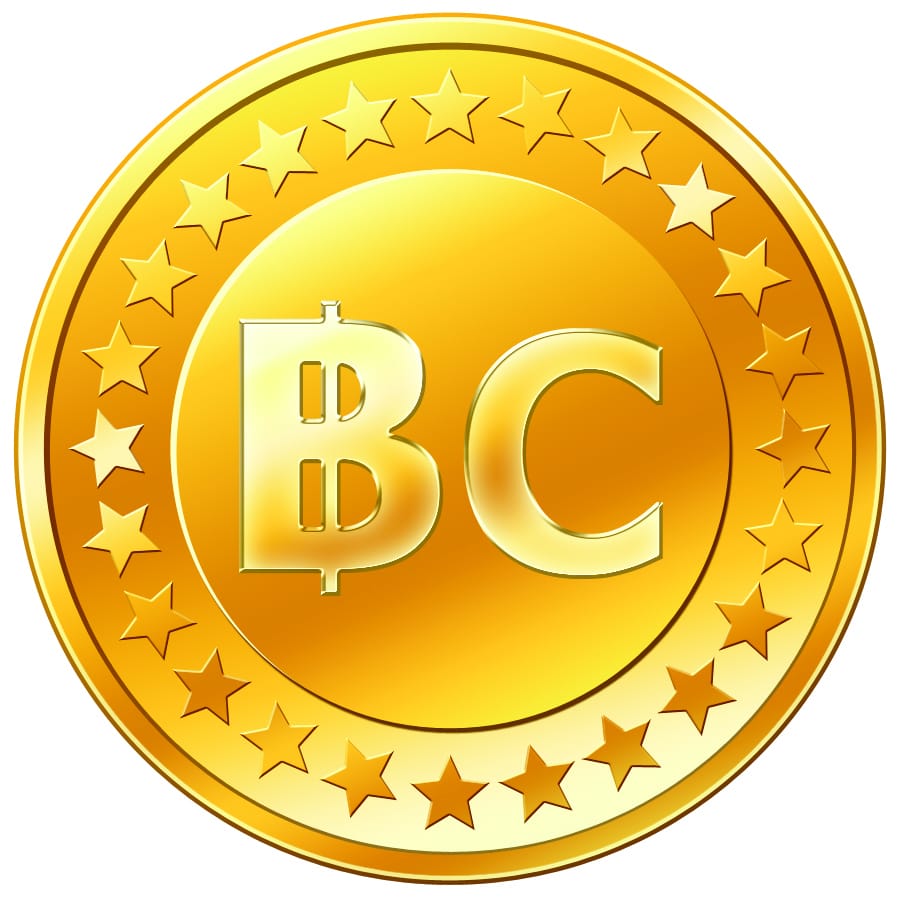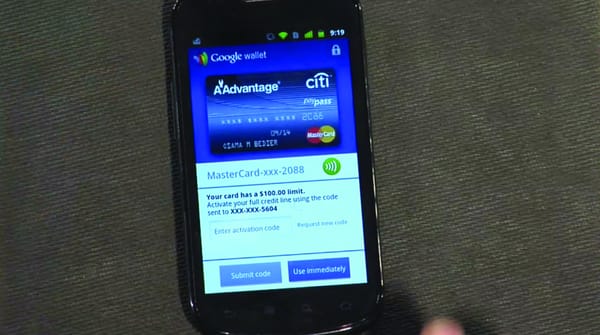Bitcoin
Truly anarchist currency

Money made and traded online is valuable. Companies across the web have been striving to find a model for digital currency that works. From Facebook to Farmville; World of Warcraft to Second Life people are buying currency that is used online even though it has no physical manifestation. Stranger still, people are willing to accept payments for goods and services in the real world using these virtual currencies. In 2009, Satoshi Nakamoto, a Japanese cryptography expert created the worldís first decentralised digital currency and Bitcoin was born.
Now this sort of economic alchemy has been done before. All modern day government-backed currencies are fiat: their value is not tied to anything physical. But unlike conventional currency, Bitcoin (BTC) has no centralized issuing or holding authority. Its production is hardcoded into the software itself and cannot be altered. Only market forces control its value. So what benefits does this offer compared with the tried and tested British Pound Sterling?
Transfers are conducted from peer to peer and are certified by the network itself so there is no need for banks or other third parties, resulting in almost no transaction fees. Your account can’t be frozen, even by the founders of Bitcoin, so you have complete liquidity and freedom to spend your money irrespective of external forces. This is extremely valuable to people who keep large amounts of money on-line in accounts at companies such as Paypal. Earlier this year the US government froze hundreds of millions of dollars in online poker accounts leaving thousands of people without access to over 80% of their net value, something that would be impossible using this new currency.
There are still a lot of kinks that need to be ironed out. Last week $500,000 worth of BTC were stolen, causing the currency’s market value to crash from $20 per 1BTC to just $0.01 per 1BTC. However, it has subsequently bounced back. Furthermore, the anonymity that the system affords attracts a black market where people buy and sell contraband such drugs, weapons and stolen personal information so governments are becoming increasingly weary of this uncontrollable marketplace. Right now you can only use Bitcoins to buy niche tech products and services and gimmicky alpaca socks.
However, if major retailers start taking virtual currency seriously it could revolutionize our perspective on money, doing for finance what the internet did for publishing, ownership and transfers.








